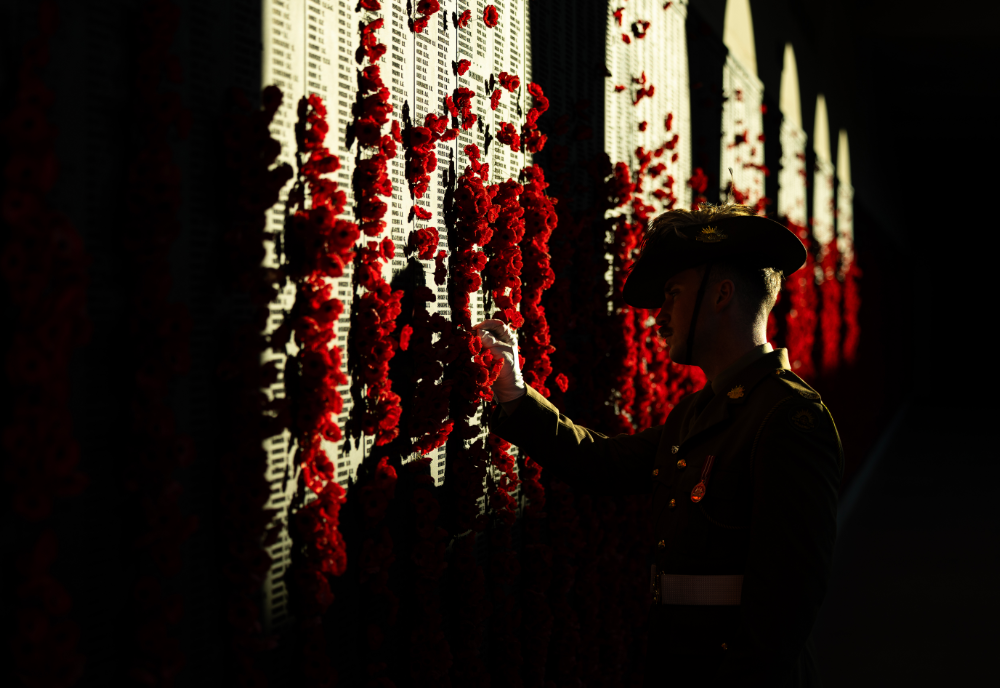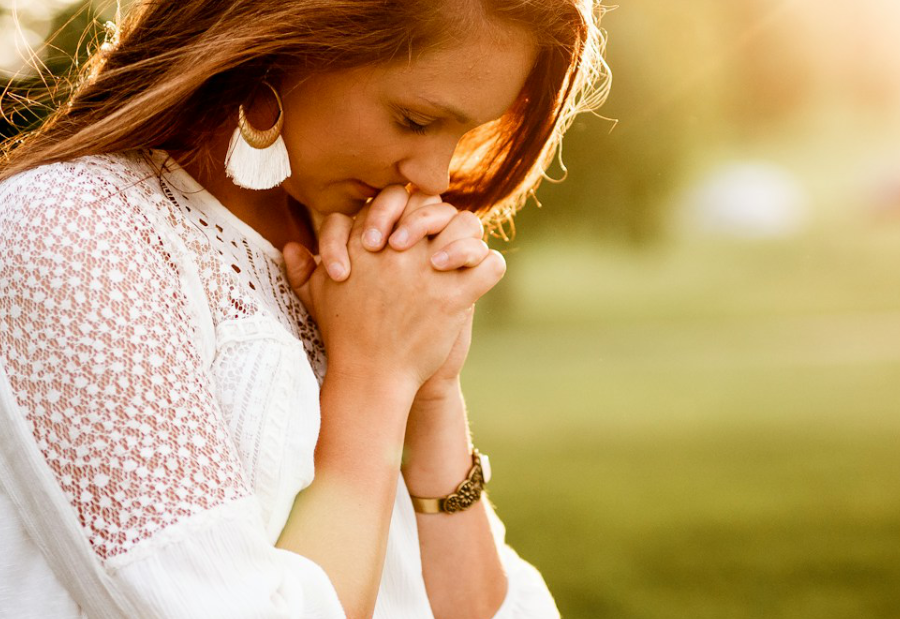The imposition of daily acts of Christian worship in our parliaments and local governments has long been a divisive issue, alienating elected representatives, staff of these institutions, and members of the public.
Many members of parliament have protested against the practice. Peta Murphy, the late Labor federal MP, used to hold silent protests outside the House of Representatives as the recital of prayers took place inside. Her Labor colleagues Sue Lines and Tim Watts have also called for change.
In Victoria – where the Labor government made a commitment in 2021 to introduce an alternative model to replace Christian prayers – at least one-third of members of the Legislative Council are now boycotting the prayers, along with a number of members in the Legislative Assembly.
Increasingly, local councillors have been highlighting the negative human rights impact of their councils observing acts of religious worship. In many councils across Australia, elected representatives have to participate in Christian sermonising and prayers – sometimes performed by local Christian ministers for multiple minutes – before they can get on with their work.
With the pleas for change having been ignored in our parliaments and in a number of local councils, non-religious Australians are now seeking help from the United Nations Human Rights Council and the international community.
In July, my organisation, the Rationalist Society of Australia, raised, as part of a submission to the Universal Periodic Review’s Fourth Cycle into Australia’s human rights, the imposition of prayers in parliaments and councils. The submission – supported by another eight non-religious, ex-religious and pro-secular organisations – identified it as one of eight examples of discrimination and unfair treatment against non-religious people in government institutions and programs.
Australia is party to a number of international commitments that protect freedom of thought, conscience and religion, and provide for equal treatment of religion and belief. Yet, government institutions and programs continue to privilege religion and religious worldviews. In doing so, governments alienate people and erect barriers to their equal participation on the grounds of religion and belief.
Take, for example, the treatment of non-religious personnel in the Australian Defence Force. Even though a majority of currently serving personnel identify as not religious – 61 per cent, according to Defence figures released last year – the Army and Air Force only provide religious chaplaincy as their frontline wellbeing support. Only the Navy, having embarked on reform five years ago, now embeds a handful of secular wellbeing support officers into its naval ships and units.
At a time of increased awareness of the problems of mental health and suicide within Defence and veteran populations, Defence’s mostly religious-based frontline support model – increasingly dependent on Pentecostal and evangelical Christian chaplains – puts up barriers to many non-religious military personnel seeking help. Although the chaplains say they serve all, this claim ignores the fact that many non-religious people simply do not want to seek help from religious agents.
Defence’s reliance on a religious-based model is also discriminatory in that it prevents from applying for the roles suitably experienced and qualified wellbeing support workers who are not religious.
Our submission to the Universal Periodic Review also highlighted the coercive and biased nature of the religion question used in the national Census – “What is the person’s religion?” The framing of the question assumes all respondents have a religion and produces acquiescence bias that inflates the data – by as much as 11 points, according to other surveys – in favour of religious affiliation.
The question framing produces acquiescence bias that inflates data in favour of religious affiliation. Therefore, the question’s framing interferes with each individual’s right to accurately record their religious or non-religious affiliation. It is also particularly coercive for people who have left religious cults or high-demand groups, and people who have migrated to Australia from countries where repressive regimes or societies make identifying as not religious a risk to personal safety.
Regrettably, the Australian Bureau of Statistics has decided to re-use this question again for the 2026 Census, despite the overwhelming public feedback to its own public consultation process calling for change and despite the ABS itself having originally proposed changing the question so as to “support more accurate data collection”.
For much of the past decade, conservative religious groups have dominated the public discussion with demands for ‘religious freedom’ and religious rights. Yet, such debates have ignored our nation’s international commitments to the equal treatment of religion and belief.
Many non-religious Australians – particularly supporters of the organisations behind the submission to the Human Rights Council – feel that, for too long, our voices have been ignored by parliaments and governments. We are now seeking a fair go and an end to this discrimination.
Next year, when Australia appears before the United Nations Human Rights Council as part of the Universal Periodic Review, we hope member nations of the international community will share our concerns and raise them with the Australian delegation. Australia must do better on ensuring freedom of religion and belief for all.
Published 28 August 2025.
If you wish to republish this original article, please attribute to Rationale. Click here to find out more about republishing under Creative Commons.
Photo by Salya T on Unsplash.














